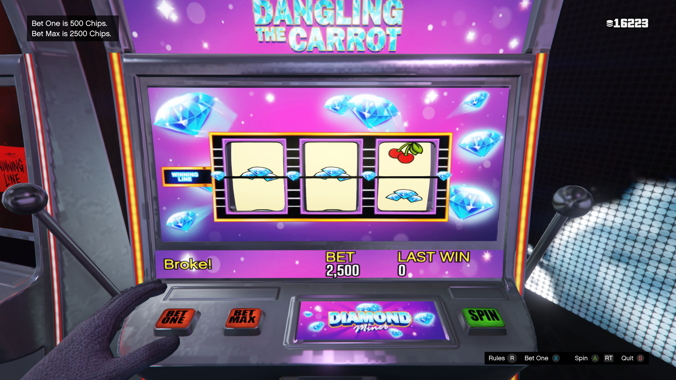The world of gambling has undergone a significant transformation over the past few decades, particularly with the advent of the internet. Online gambling, which encompasses everything from virtual casinos to sports betting, has emerged as a multi-billion-dollar industry that continues to evolve rapidly. This article explores the history, current trends, challenges, and future prospects of online daftar apizeus777 gambling.
A Brief History of Online Gambling
The journey of online gambling began in the mid-1990s when the first online casinos opened their virtual doors. In 1994, Antigua and Barbuda passed the Free Trade and Processing Act, allowing licenses to be issued to companies wanting to set up online gambling services. The first online casino, InterCasino, launched in 1996, and shortly after, sports betting sites began to surface.
By the early 2000s, online gambling started to gain traction, attracting millions of players globally. The introduction of broadband internet allowed for faster and more reliable connections, enhancing the user experience. However, the industry faced challenges, particularly in the United States, where the Unlawful Internet Gambling Enforcement Act (UIGEA) of 2006 prohibited financial transactions related to online gambling, causing many operators to withdraw from the market.
Despite regulatory hurdles, the online gambling industry continued to grow. Advances in technology, particularly mobile applications, have made gambling more accessible than ever. Today, players can bet on their favorite games or sports from anywhere, at any time.
Current Trends in Online Gambling
- Mobile Gambling: With the proliferation of smartphones, mobile gambling has surged. According to recent studies, over 60% of online gambling revenue now comes from mobile devices. Apps and mobile-optimized sites allow users to play games, place bets, and even engage in live dealer experiences from their handheld devices.
- Cryptocurrency: The rise of cryptocurrencies, such as Bitcoin, has revolutionized online gambling. Many online casinos now accept cryptocurrencies as a form of payment, providing players with greater anonymity and faster transactions. This shift is also appealing to players in jurisdictions with strict banking regulations.
- Live Dealer Games: The demand for immersive experiences has led to the popularity of live dealer games. These games use real dealers and broadcast in real-time, offering players a more authentic casino experience from the comfort of their homes.
- Gamification: Online casinos are increasingly incorporating gamification elements into their platforms. This includes loyalty programs, rewards, and interactive features that enhance user engagement and retention.
- Regulatory Changes: The online gambling landscape is continuously shaped by changes in regulation. Many jurisdictions are beginning to legalize and regulate online gambling, leading to a more structured environment that protects consumers while allowing operators to thrive.
Challenges in the Online Gambling Industry
Despite its rapid growth, the online gambling industry faces several challenges:
- Regulatory Issues: Navigating the complex web of regulations can be daunting for operators, especially in jurisdictions with stringent laws. Compliance with local regulations is crucial, and failure to do so can result in hefty fines or closure.
- Responsible Gambling: With the increase in accessibility comes the risk of gambling addiction. Operators must implement responsible gambling measures, such as self-exclusion tools and limits on deposits and bets, to promote a safe environment for players.
- Fraud and Security: Online gambling platforms are often targets for fraud and cyberattacks. Ensuring the security of transactions and protecting user data is a top priority for operators. Robust cybersecurity measures are essential to maintain trust and credibility.
- Market Saturation: As more operators enter the online gambling market, competition intensifies. Standing out in a crowded marketplace requires innovative marketing strategies and high-quality offerings.
The Future of Online Gambling
The future of online gambling appears bright, with several trends expected to shape its trajectory:
- Virtual Reality (VR) and Augmented Reality (AR): These technologies promise to enhance the online gambling experience further, creating immersive environments where players can interact with each other and their surroundings in new ways.
- Artificial Intelligence (AI): AI can help personalize user experiences, improve customer support, and enhance security measures. Machine learning algorithms can analyze player behavior, allowing operators to offer tailored recommendations and promotions.
- Expansion into New Markets: As more regions legalize online gambling, operators will seek to expand their reach. Emerging markets, particularly in Asia and Latin America, present significant growth opportunities.
- Social Gambling: The integration of social elements into online gambling platforms will continue to rise, allowing players to compete against friends and share their experiences in a communal setting.
